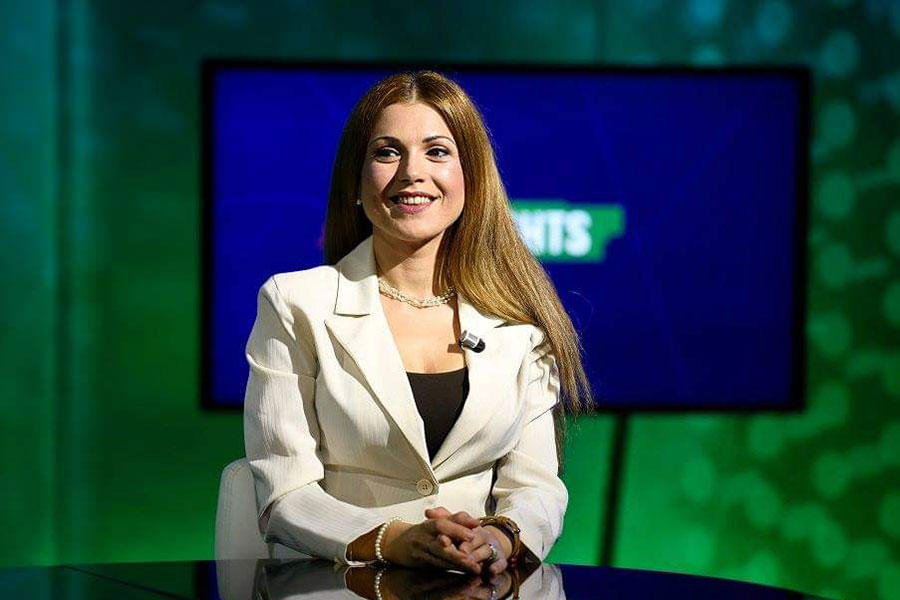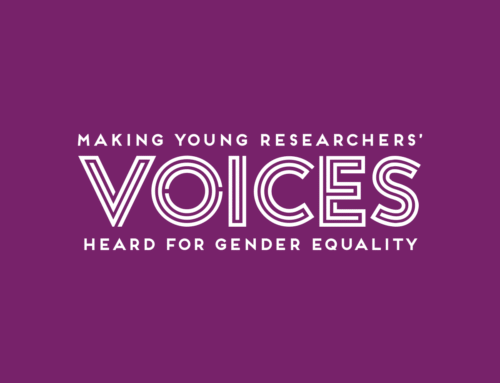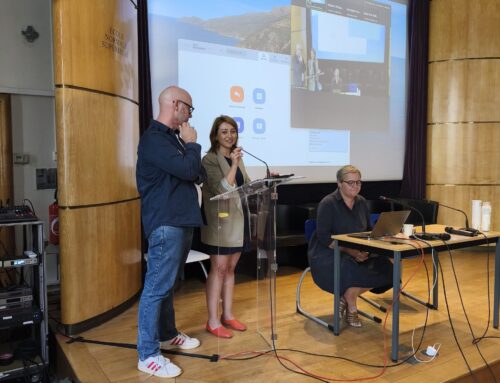Maria Brown holds a Ph.D. in the Sociology of Adult and Non-Formal Education and Community Development, a Master of Arts in Sociology and a Bachelor of Arts in Sociology and Italian.
She lectures adult education and community-based education within the Department of Arts, Open Communities & Adult Education (Faculty of Education, University of Malta). Her research interests include adult education, education, community action and community development, social equality, sociology, social policy, Europeanisation, sustainable development, methodology and research methods.
Her experience includes contributions to EU-funded projects, work for the European Commission, Eurydice, the Council of Europe, the European Co-operation in Science & Technology (COST) and the Ministry for Education and Employment (Malta).
She leads Working Group 6 “Monitoring and Evaluation”. Let’s get to know her better through the following interview:
What encouraged you to participate in VOICES?
VOICES’ rationale and objectives resonate with my ongoing research and personal interest in emancipatory, adult and community-based education, sustainable development, and gender emancipation.
Participation in this Action also informs my work as a member of the Executive Council of the University of Malta Academic Staff Association (UMASA).
What are the core areas of work of the WG that you lead or participate in?
I lead working Group 6, Monitoring and Evaluation. This WG engages with a transversal topic of this Action since it overlaps all content related WGs.
This objectives of this WG are:
- To bring together existing practical monitoring and evaluation knowledge accumulated in past and ongoing gender equality projects, which was already started by some projects;
- To make this collected know-how available in an action-oriented way for relevant stakeholders, such as practitioners in the field of gender equality or similar, with the help of knowledge co-production activities; and
- To identify and define adequate impact indicators of successful initiatives, which support ECIs at different levels of their career progression. This will be described in the Action White Paper.
What do you expect from your participation in VOICES?
As part of this COST action, I am interested in drawing on my proficiency in education studies, sociology and community studies that are informed by critical theory.
I am interested in an approach that problematizes actors and situations in broader globalized social dynamics.
In this framework, initiatives and research targeting enhanced ERCs’ voice for gender equality would be informed by the fundamental conceptual distinction between empowerment and emancipation, whereby empowerment infers the capacity building to act successfully within the existing system and structures of power, which however, would merely reproduce existing inequalities; whereas emancipation incurs a struggle for increased power of self within a more equitable system, particularly when, democracy notwithstanding, such a system is limited by ‘banking’ vertical patterns of top-down discourse and decision-making.
If you want to know more about Dr Maria Brown, please, a list of publications is available here: https://scholar.google.com/citations?user=xI8ZlAcAAAAJ&hl=en&oi=ao




